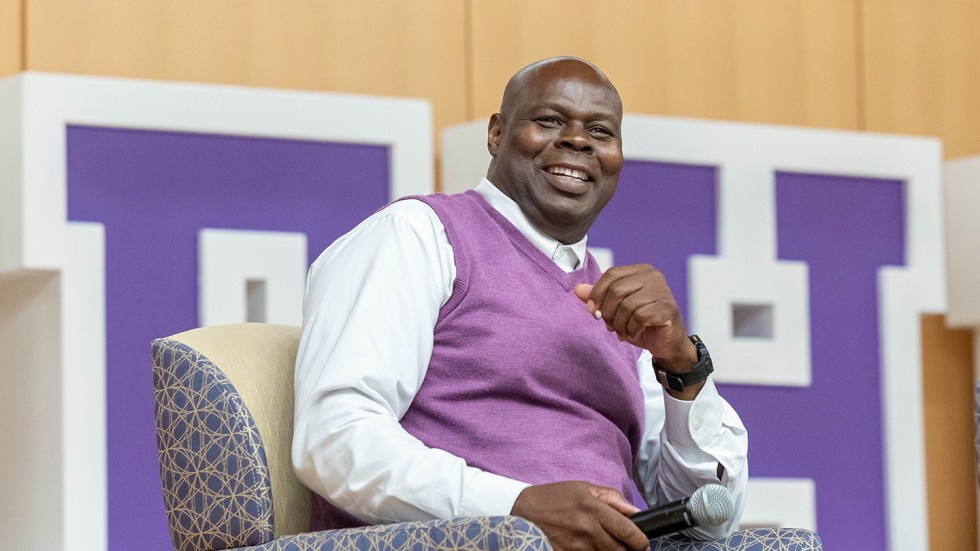What drew you to your career in probation services?
I was living upstairs on the sixth floor at the Brockton YMCA and training and boxing out of Petronelli's Boxing Gym. While going in and out or working out in the gym, I would often see a lot of young boys being escorted by staff through the building. I soon learned they were in the custody of the Department of Youth Services. The thought of working with and helping mentor young boys in trouble with the juvenile justice system piqued my interests. I applied for and was hired by the YMCA's Boy's Shelter Care Unit in 1987. This began my journey into gaining the experience that would lead me six years later to apply for and obtain a job as a Probation Officer with the Massachusetts Probation Service in 1993.
What is a lesson that boxing has taught you?
There are a lot of lessons learned through boxing not easily taught elsewhere. The one that stands out most for me is that regardless of where you come from, or the burdens faced in life or the obstacles that lie before you, you can overcome and conquer most if not all of them through the power of self-belief, will and determination. As someone who experienced tragedy, loss and trauma at an early age and lived in poverty most of my childhood, boxing for all its brutality taught me that hard work and discipline can lead to success.
As an adjunct professor, what is a piece of advice that you share with students?
I ask students all the time to step outside of their immediate circles, outside of their comfort zones, and be willing to meet and engage with new people from across all the different dimensions of diversity. It is at these intersections of race, class, ethnicity, culture, religion, gender and other aspects of diversity where we as individuals experience growth and deepen our cultural understanding about ourselves and others.
Can you share a Stonehill experience from your student days that had a lasting impact?
The most impactful experience I have had at Stonehill was my introduction to Professor Herbert Wessling, professor emeritus of sociology, in 1989. Professor Wessling had a knack for picking diamonds out of the rough. He said, at the time, that he saw in me someone who with the right guidance and support had enormous potential. But his insight went beyond that—Professor Wessling was ahead of his time. He understood issues of diversity and inclusion and looked to ensure that a student from Barbados could come and find a home and place at Stonehill where success was possible.
Stonehill’s motto is Lux et Spes or Light and Hope. What does this mean to you?
I must say that I struggle with mottos. However, I will say the Stonehill motto when I reflect on it, really correlates with my journey through life. As a young boy growing up, I had two friends that, despite my best efforts, always stayed extremely close. Yes, poverty and hunger! And the only thing that kept them at bay was the belief that there had to be a light at the end of the tunnel, there had to be hope and optimism. These were the only things that kept me going. So, whether through fate or luck, as I reflect upon it and my journey, I suppose that Lux et Spes or Light and Hope is not just a motto, it is a journey through life, my life. It now allows me to teach and share my experiences with a new generation of students at Stonehill. For that, I am eternally grateful.

